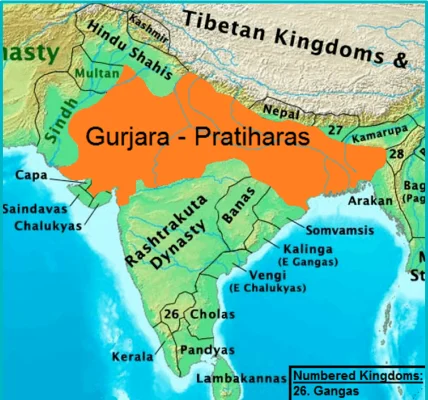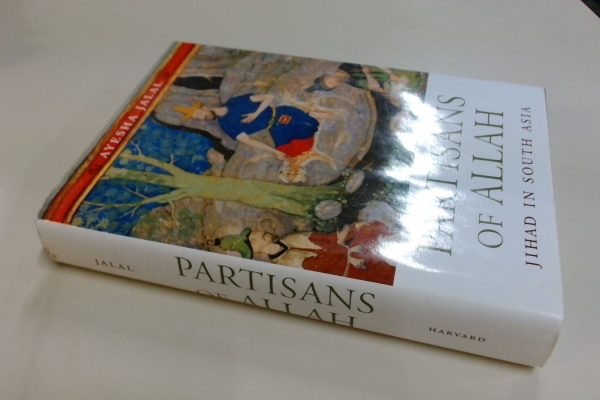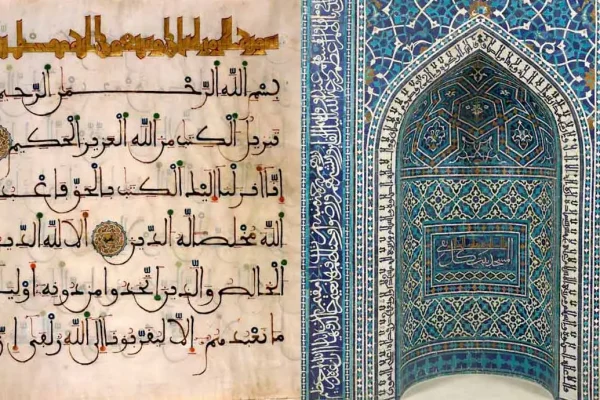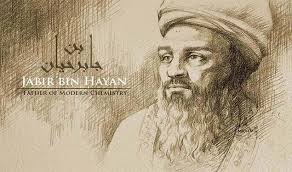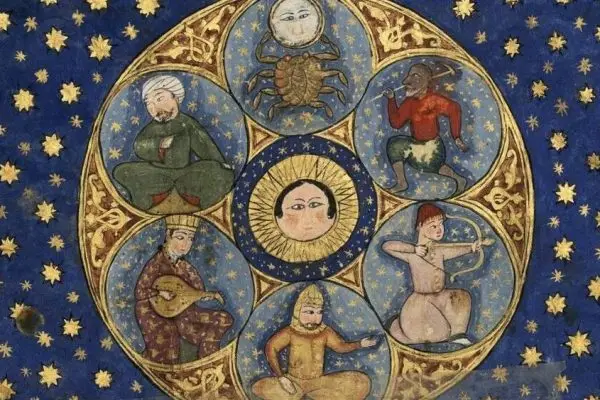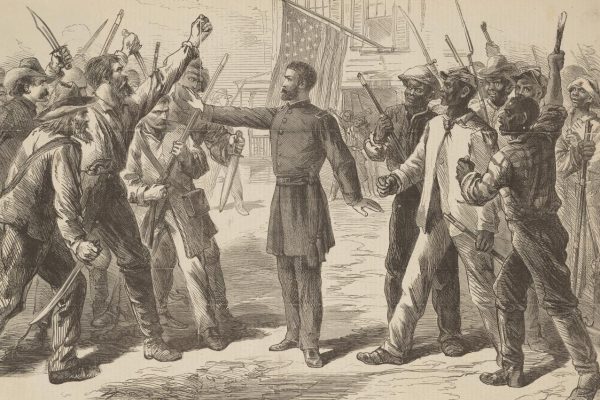
Imran Khan: A Journey from Cricket Legend to Political Icon
Imran Khan’s biography is a story of triumphs and trials, of a man who transitioned from the glory of sports to the demanding arena of politics. His struggles, both on and off the field, reflect his dedication to his country and his relentless pursuit of change. As Pakistan continues to evolve, Imran Khan’s contributions and influence will undoubtedly shape its future for years to come.








